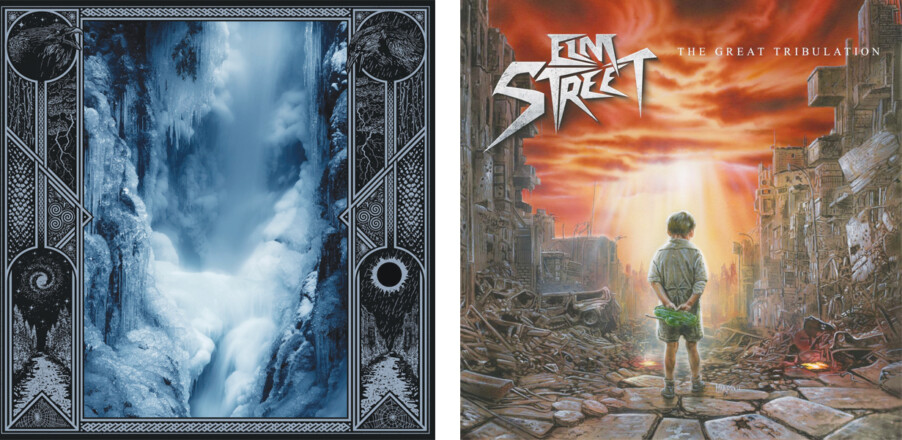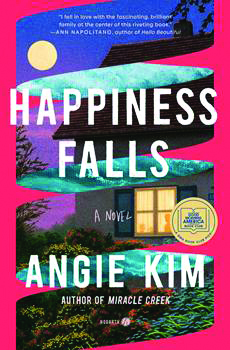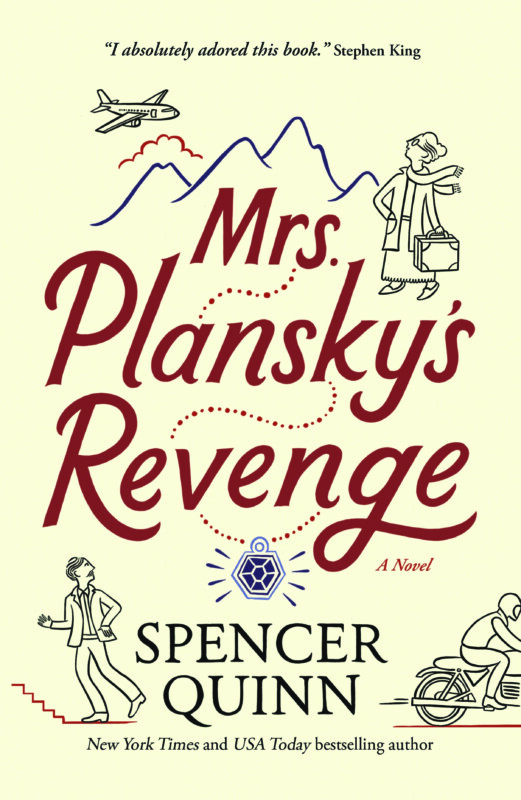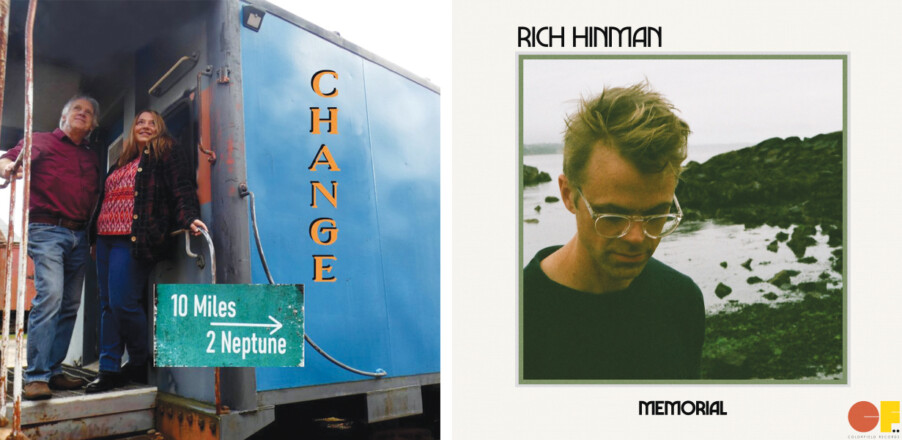Elon Musk, by Walter Isaacson (Simon & Schuster, 615 pages)
In April of this year, social media had a field day when, soon after launch, a SpaceX rocket exploded 24 miles in the air and Elon Musk’s team called it a “rapid unscheduled disassembly.”
What most people didn’t know is that this phrase wasn’t a euphemism devised by a beleaguered PR team, but a term that SpaceX had long used to describe a strategy: Move fast, take risks, blow stuff up, learn from it. It explains why, right after the explosion, Musk said to his team: “Nicely done, guys. Success.”
That strategy is not just a business slogan but a way of life for Musk, who is not only the world’s richest man but possibly its most interesting. The tech world used to have a galaxy of superstars, to include Mark Zuckerberg, Jeff Bezos and Jack Dorsey. After his purchase of Twitter, Musk started taking up all the oxygen in the room, making all these movers-and-shakers in the tech world sideshows or opening acts for him.
Whether you admire or loathe him, Musk is one of the most consequential people on the planet, and Walter Isaacson, formerly head of Time and CNN, does a masterful job at explaining why in his exhaustive new biography. Spanning 615 pages before the footnotes, bibliography and acknowledgments, it’s a compilation of interviews with Musk and his family and business associates, and two years of following Musk around. Essentially, the only way you could know more about Elon Musk is to have witnessed the 52 years of his life yourself.
And while most of what we know about Musk started when he became an internet multimillionaire at age 27, it’s the formative stuff — the things that happened in childhood and adolescence — that best explains him. Unlike, say, Zuckerberg, who seems to have had a relatively stable childhood in suburban New York, Musk grew up in challenging circumstances in South Africa, the child of unconventional parents who were themselves the children of unconventional parents.
Take his maternal grandfather, who worked as a rodeo performer, construction hand and chiropractor. One day he drove past a single-engine airplane sitting in a field. He had no cash and didn’t know how to fly, but convinced the owner to trade the airplane for his car. “The family came to be known as the Flying Haldemans, and [Musk’s grandfather] was described by a chiropractic trade journal as ‘perhaps the most remarkable figure in the history of flying chiropractors,’ a rather narrow, albeit accurate, accolade.”
Musk’s mother, Maye, was part of the “Flying Haldemans” and was for a time a model, but it was perhaps his father, Errol Musk, described as “an engineer, rogue, and charismatic fantasist,” who had the biggest impact, because of his abusive behavior. Elon’s brother, Kimbal, who, like Elon, has no contact with his father today, said Errol had “zero compassion,” and Elon Musk still chokes up when talking about how his father treated him as a child, at times making him stand for an hour while his father yelled him calling him an idiot and worthless, Isaacson writes. School was no better — young Elon was constantly getting beaten up, and he was sent to wilderness-type camp during the summer where the boys were literally told to fight each other to survive, and some campers had actually died. Musk described the camp as “a paramilitary Lord of the Flies.”
Isaacson said these early experiences help explain why, even today, Musk’s moods “cycle through light and dark, intense and goofy, detached and emotional, with occasional plunges into what those around him dreaded as ‘demon mode.’” Elon’s first wife, Justine, told Isaacson that in South Africa, Elon “learned to shut down fear,” adding, “If you turn off fear, then maybe you have to turn off other things, like joy or empathy.”
The sins of the father haunted the son even as he left South Africa for Canada just before he turned 17. He went by himself and later was joined by his mother and siblings. Soon after he got to Canada, he lost all his money when he failed to return to a bus before it took off; that experience was what got him thinking about ways the financial industry needed disrupting, which eventually led him to a troubled partnership with PayPal founder Peter Thiel.
But Musk’s first millions came from a venture called Zip2, an internet startup that created city guides for newspapers. Then in 1999 he founded a venture he called X.com, which he saw as a “one-stop everything-store for all financial needs: banking, digital purchases, checking, credit cards, investments and loans. He described the venture to Isaacson as “the place where all the money is at,” which makes X, as in the company formerly known as Twitter, seem like child’s play.
From there Isaacson goes on with astonishing detail into the creation of Tesla and SpaceX and sundry other ventures, as well as the relationships that came after Justine. Musk has 11 children with three women, the youngest (with singer Grimes) named X, Y, and Techno Mechanicus, who is called Tau.
The X obsession is more than a little strange, and the richer Musk gets, the more the world gives him a pass for his strangeness and the cruelty that he seems to have inherited from his dad.
“Do the audaciousness and hubris that drive him to attempt epic feats excuse his bad behavior, his callousness, his recklessness?” Isaacson writes. “The answer is no, of course not. One can admire a person’s good traits and decry the bad ones. But it’s also important to understand how the strands are woven together, sometimes tightly. It can be hard to remove the dark ones without unraveling the whole cloth.” Isaacson, who has also written biographies of Jennifer Doudna, Leonardo da Vinci and Steve Jobs, among others, was granted astounding access to Musk and his associates; he says Musk even encouraged his adversaries to speak with him. There will yet be other biographies written; Musk is still in the early stages of his goal to transfer human consciousness to Mars, and he seems to think time is running out to save the species. Then again, a risk-taker like Musk may run out of time himself. His grandfather, the leader of “The Flying Haldemans,” had a motto: “Live dangerously — carefully.” He wasn’t careful enough. He died when Elon was 3, in a plane crash.
Isaacson’s prose is sparse; he lets his subject and interviewees do the talking, and they all had plenty to say. This is the rare book that I recommend reading on a tablet or phone. The heft of the book makes it difficult to hold comfortably. It’s hard to pick up, but it’s also hard to put down. A —Jennifer Graham






